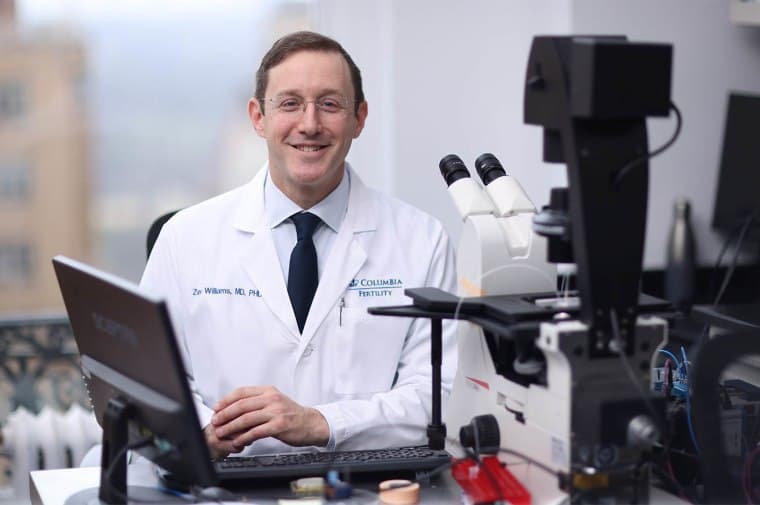AI Identifies Three Viable Sperm Cells, Ending Couple's Nearly Two-Decade Infertility Struggle

New York, NY – A couple battling infertility for nearly two decades has achieved pregnancy thanks to a groundbreaking artificial intelligence (AI) system that identified three viable sperm cells previously missed by human doctors. The remarkable breakthrough, which involved scanning eight million images of a semen sample, offers new hope for individuals facing severe male factor infertility. Peter H. Diamandis, MD, highlighted the significance of this development on social media, stating, “This is the moment of hope for technology, health, and humanity!”
The couple, who endured 18 years of unsuccessful in vitro fertilization (IVF) attempts due to azoospermia—a condition characterized by the absence of measurable sperm in semen—sought help at the Columbia University Fertility Center. There, they utilized the novel Sperm Tracking and Recovery (STAR) method, an AI-powered system designed to detect and isolate rare sperm cells. Dr. Zev Williams, director of the center, explained that while highly skilled technicians might search for days without success, the STAR system could find dozens of sperm in a fraction of the time, such as 44 sperm in one hour in a sample where human eyes found none.
The STAR system connects to a microscope via a high-speed camera and advanced imaging technology, rapidly scanning millions of images to identify sperm. It then isolates these cells into tiny droplets, allowing embryologists to recover them for use in IVF. This non-invasive approach contrasts sharply with traditional, often painful and invasive surgical sperm retrieval methods, which carry risks of scarring and damage. The precision of AI allows for the use of even a minuscule number of viable sperm, overcoming a significant hurdle in azoospermia cases where only two or three sperm might exist.
AI's application in fertility care extends beyond sperm selection, with algorithms assisting in assessing egg quality, screening embryos, and personalizing IVF medication protocols. While the STAR method is currently available only at Columbia, its developers aim to share the technology, potentially making advanced infertility treatments more accessible. Experts like Dr. Aimee Eyvazzadeh note that AI "is helping us see what our eyes can’t," amplifying human expertise rather than replacing it.
However, the rapid integration of AI also raises considerations regarding validation and potential for false hope. Dr. Gianpiero Palermo, a pioneer in intracytoplasmic sperm injection (ICSI), emphasizes the need for further validation of such AI approaches. Nevertheless, the successful pregnancy achieved through the STAR method underscores the transformative potential of AI in overcoming long-standing challenges in reproductive medicine, offering a path to parenthood for couples with previously intractable infertility.